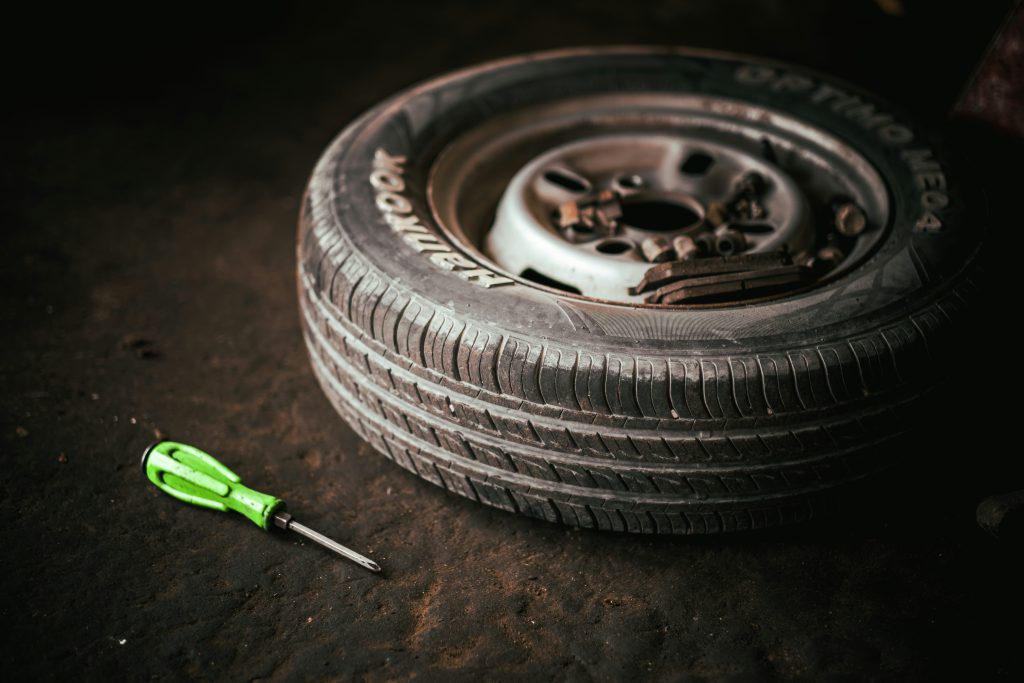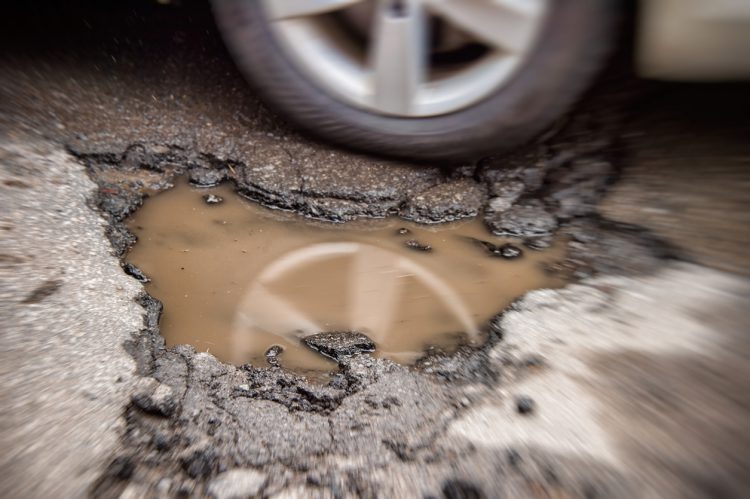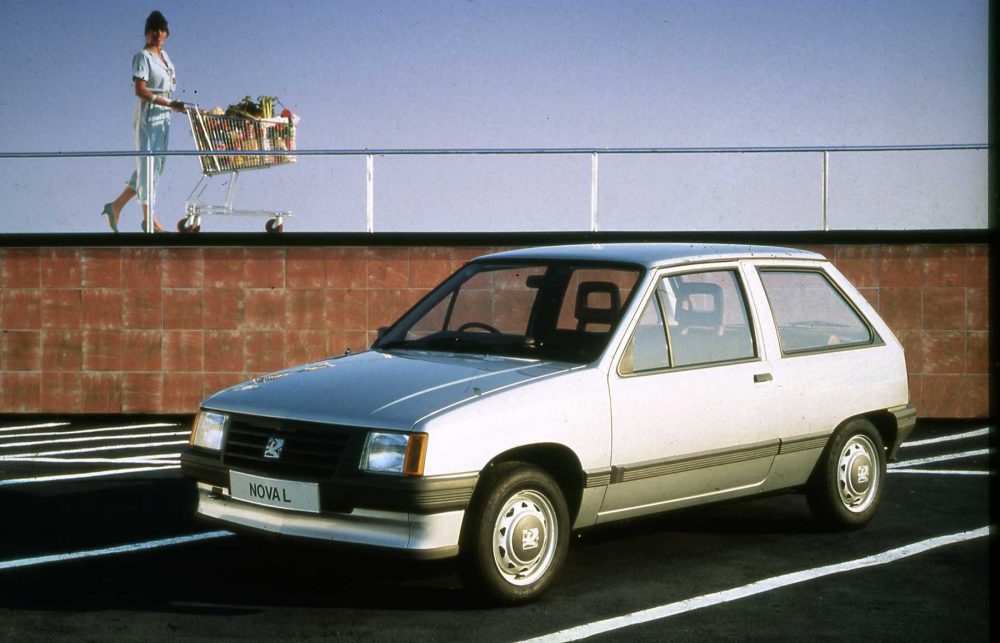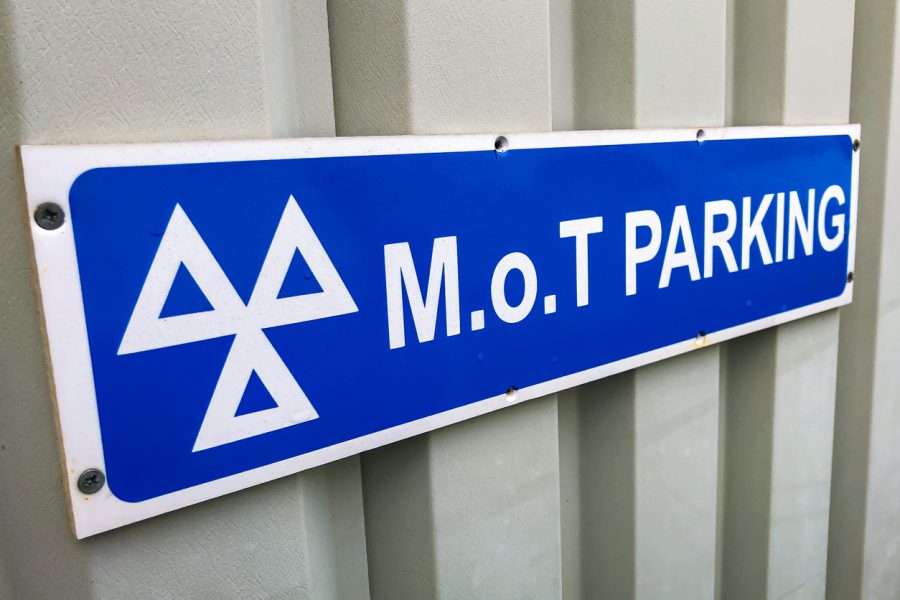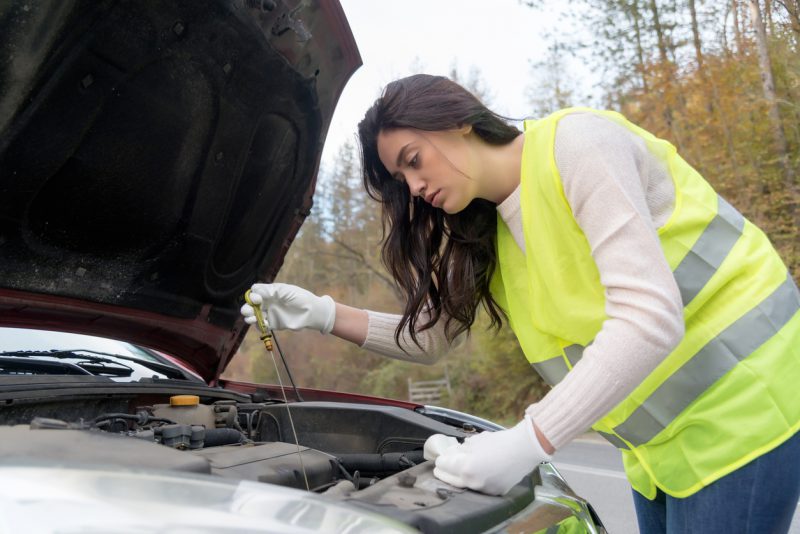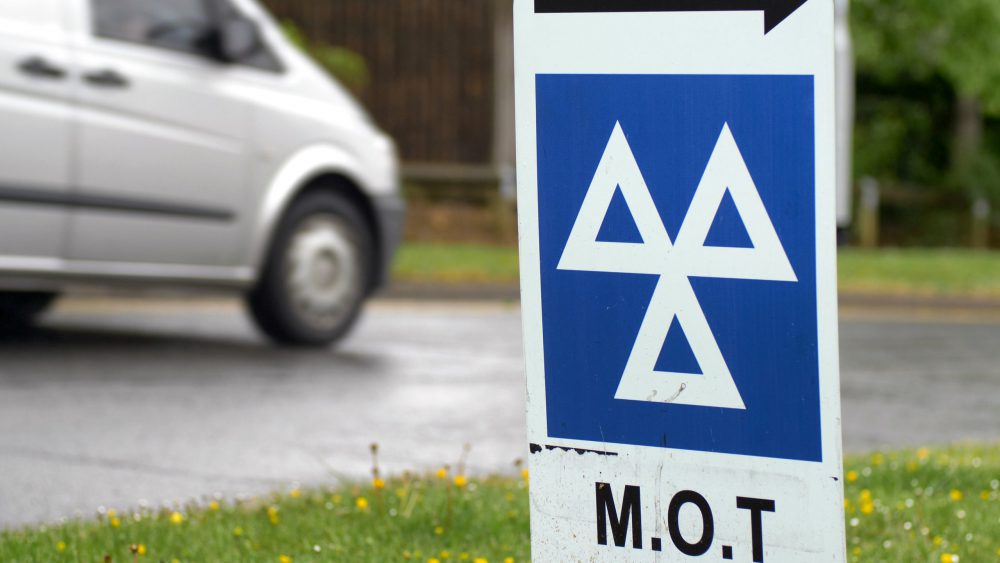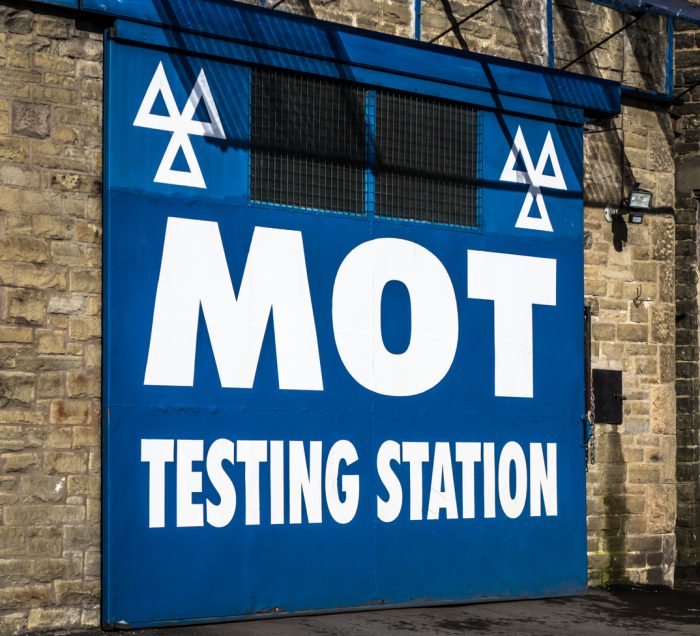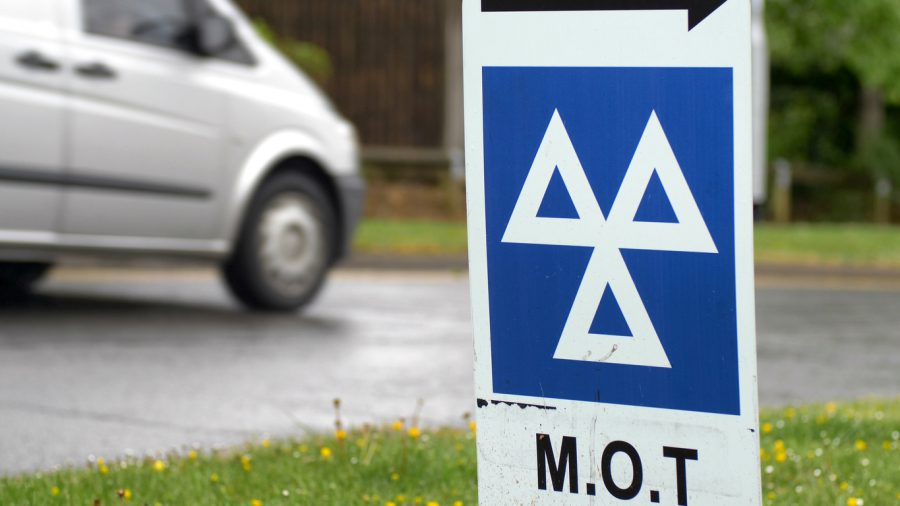
If you’re not sure about repairs, ask the technician to point them out to you. (Picture iStock/Sturti)
Has a garage recently suggested you need new brake fluid, an anti-freeze drain and refill or a fuel and oil flush? If so, how do you know whether it had to be done or was unnecessary work? Research by Green Flag has revealed that UK drivers spend £3.4billion every year on work by garages to their cars that doesn’t need doing. That’s around £90 per car per annum.
The problem stems from drivers not having the knowledge about their cars to question whether work recommended by garages is really required. More than a third of drivers (39 per cent) say they have no idea what’s checked when their car has its annual MOT roadworthiness check. But this is when garages often say jobs need doing.
Read on to discover which 10 jobs Green Flag believes should ring alarm bells if they’re suggested by a garage. And find handy hints on how to check whether the work really should be done.
“Your brake fluid needs changing”
Continue reading →
